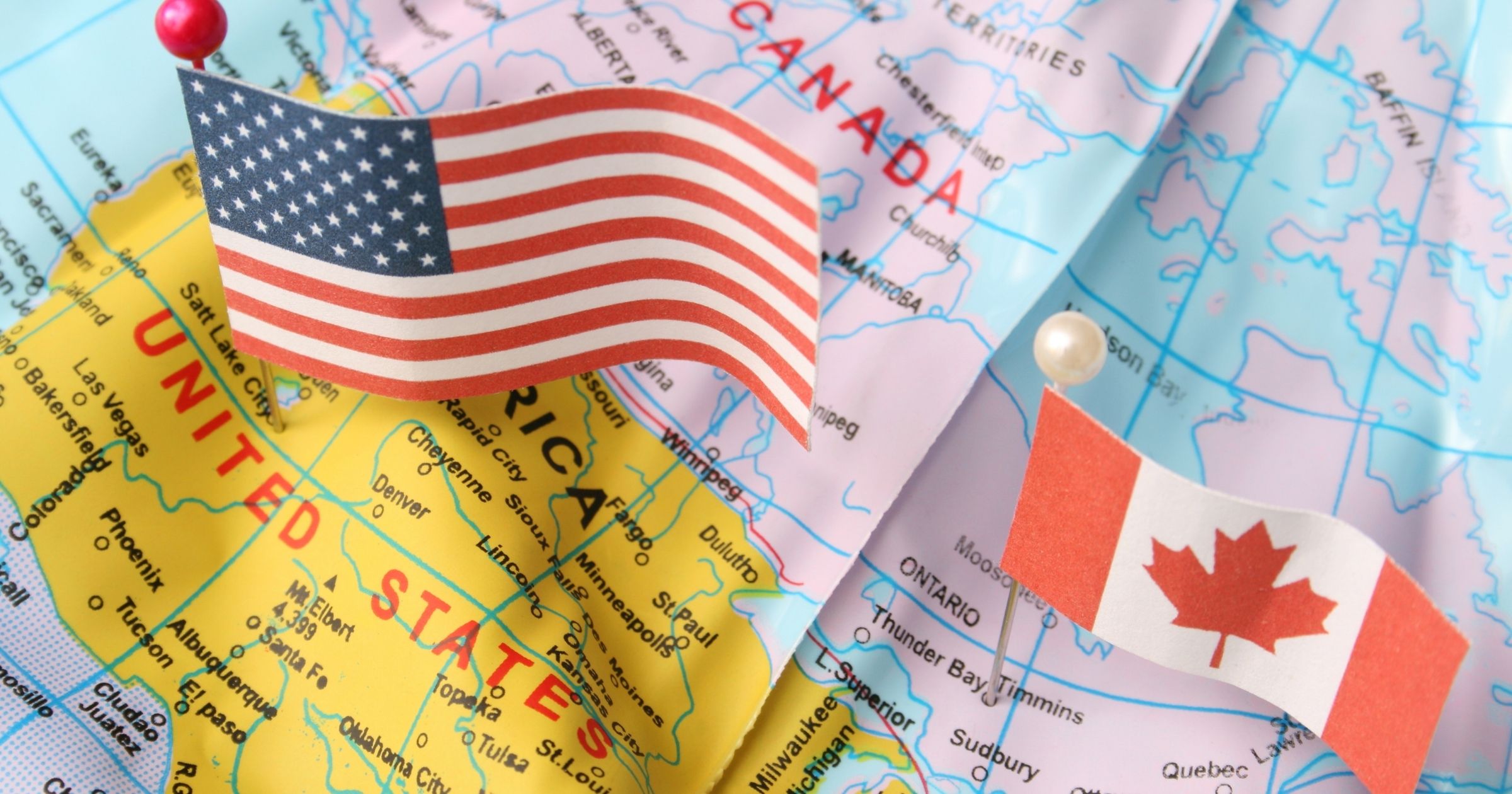Hero Story - News
News

Universal Orlando Resort Reveals ‘Fast & Furious: Hollywood Drift’—a High-Speed Roller Coaster Arriving in 2027
Universal Orlando Resort is revving up for its next big thrill with Fast & Furious: Hollywood Drift—a high-octane outdoor roller coaster that will join the Universal Studios Florida family in 2027...
Read More© 2026 Groups Today - All Rights Reserved. Read our Terms and Conditions




